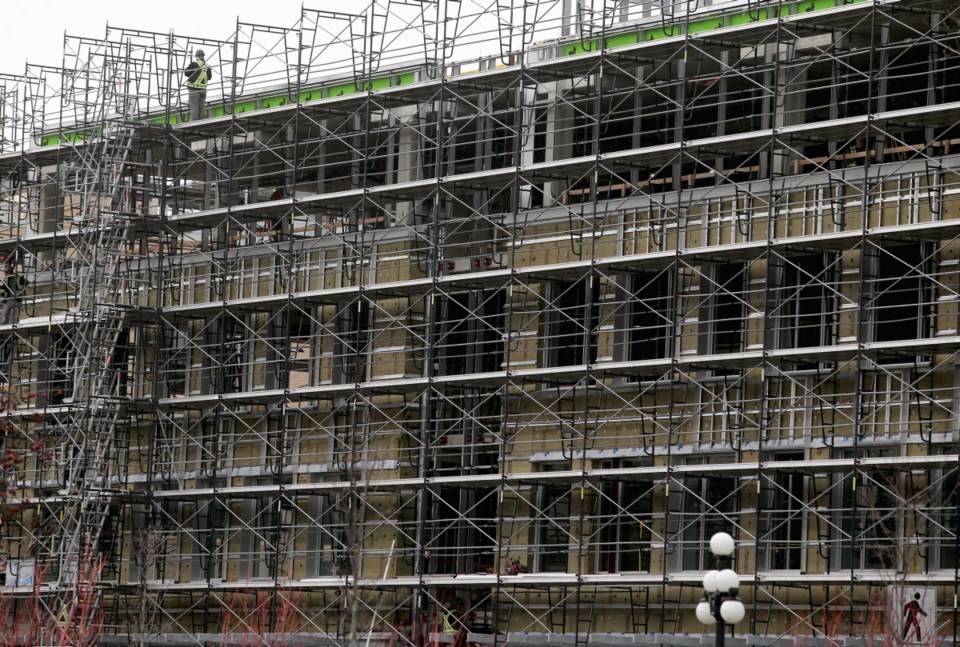The B.C. Construction Association is one of 16 groups from across the country to share a $113-million federal program providing virtual and in-person services to newcomers, including refugees, before they reach Canada. Funding will continue through 2023.
The BCCA will get $3.4 million to ready newcomers for jobs in construction. The money was announced Tuesday at the BCCA’s Victoria offices by Scarborough-Rouge Park MP Gary Anandasangaree, on behalf of Ahmed Hussen, minister of immigration, refugees and citizenship.
“Canada’s construction industry, with more than $254 billion of currently proposed construction projects in B.C. alone, has a vital need to access the talent and skills represented by our immigrant labour pool,” said BCCA president Chris Atchison. “Through BCCA’s efforts, we know we can connect new Canadians to meaningful construction career opportunities in B.C. and across Canada.
“From 2015 to 2018, BCCA has assisted over 700 new Canadians with assessments, supports and connections to job opportunities with construction employers, as well as to essential networks and settlement services to help them transition to their new lives in Canada.”
The BCCA is looking forward to working with the federal government, Atchison said.
“It is through partnerships like this between government and our industry that we can continue to elevate Canada as a nation of opportunity for all by demonstrating the benefits of collaboration like this, in our communities from coast to coast.”
Anandasangaree said helping newcomers to Canada “is a great source of national strength.”
“If we didn’t have immigrants, employers would have trouble finding enough workers to fill available jobs,” he said.
Anandasangaree said there will be three dedicated pathways in the program — economic/family class immigrants, francophone immigrants and refugees.
The in-person portion of the program will take place in China, India and the Philippines, and a pilot project with francophone services will be offered in Morocco.



